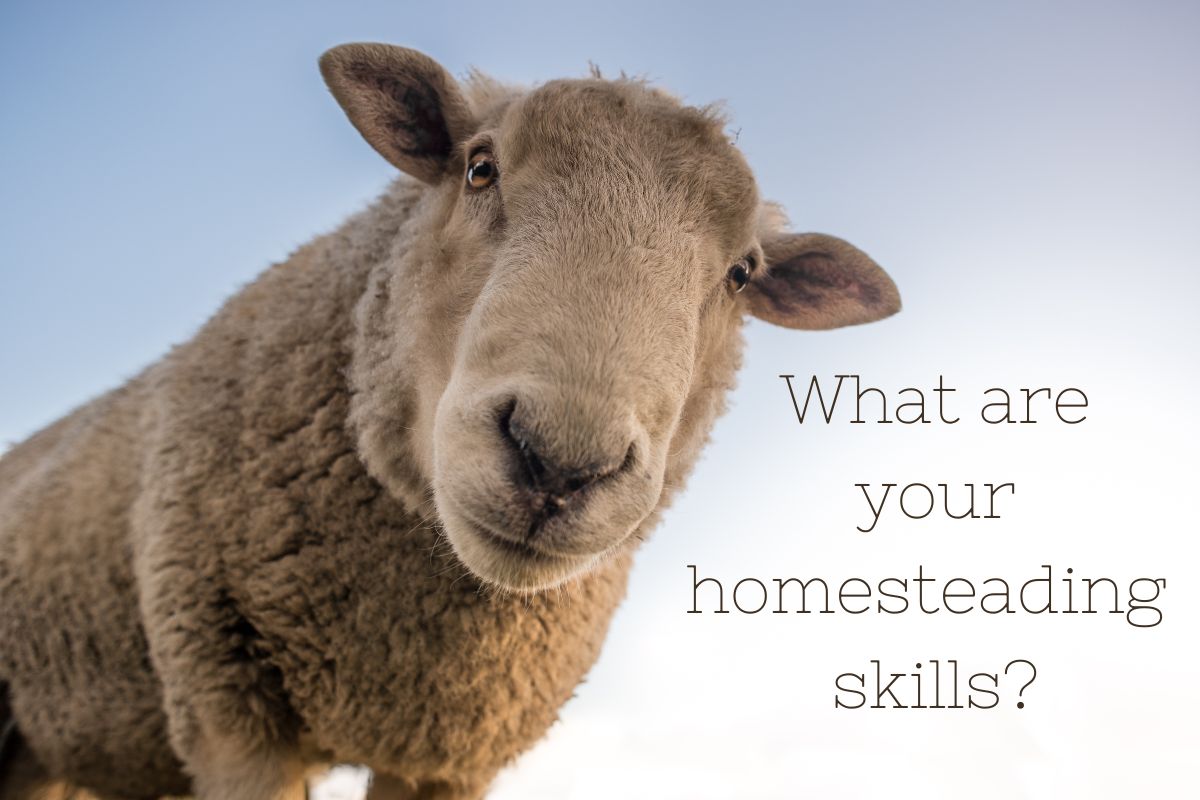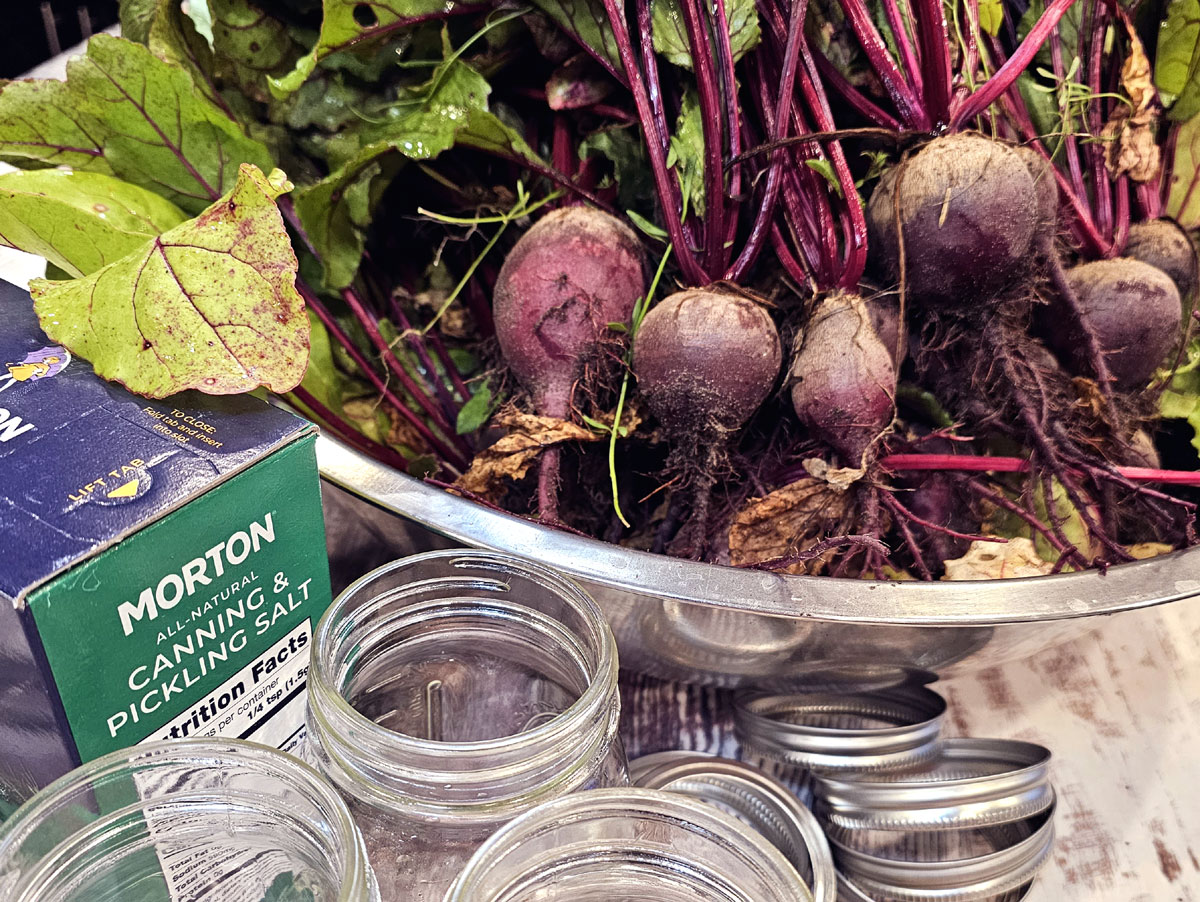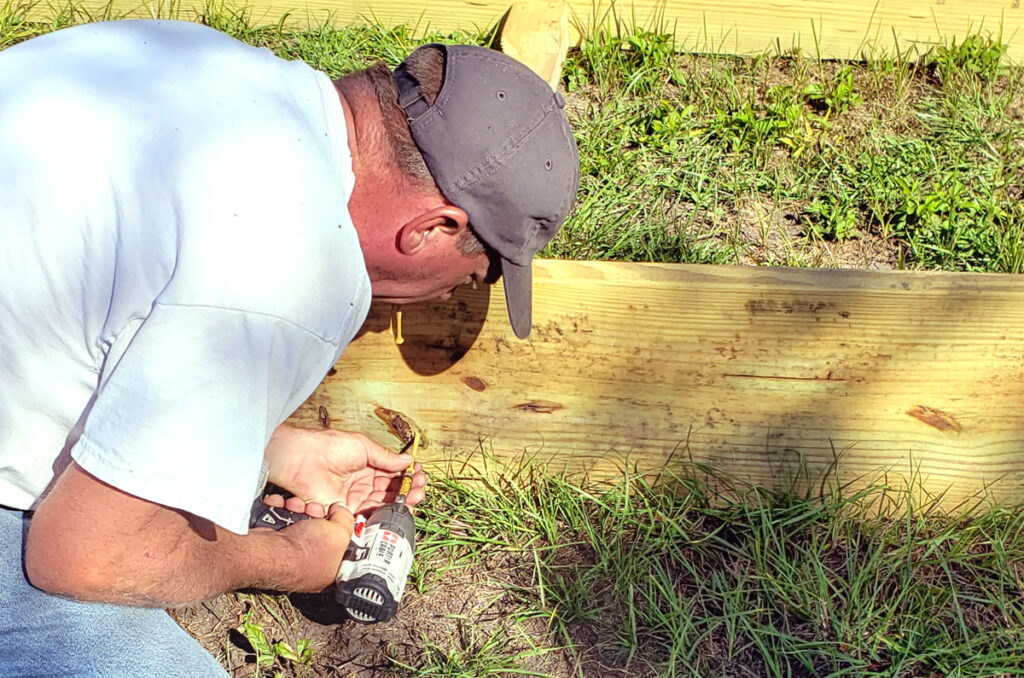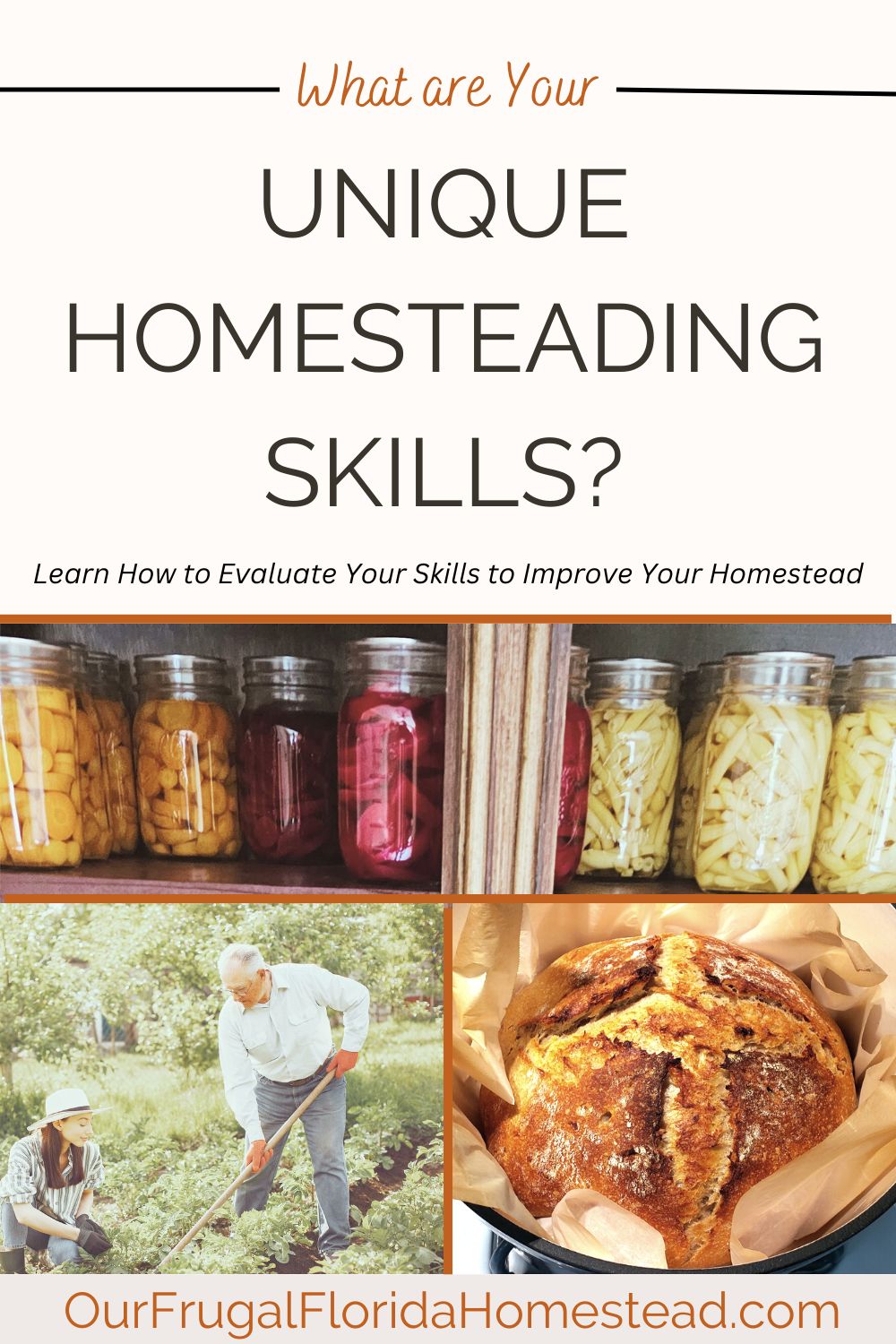If you’re considering homesteading, new to homesteading, or just want to live a more sustainable and self-reliant life, no doubt you’ve asked yourself “what skills do I have or need to live this lifestyle?”
Believe it or not, you probably already have most of the skills you need to start and grow a homestead.

Let’s break down the different types of homesteading skills, identify skills you already possess, and develop a plan to learn new skills to achieve your goals and create a self-sufficient and sustainable lifestyle.
What are Your Unique Homesteading Skills?
Table of Contents
- Traditional Homesteading Skills Defined
- Hard Skills
- Soft Skills
- What’s Essential?
- Steps to Identify Your Current Skills
- Prioritize Your Essential Skills
- Summary
What are Traditional Homesteading Skills?
Homesteading skills are life skills that contribute to a more self-reliant and self-sufficient way of living.

When you ask most people “What do homesteaders do?” you get a variety of answers. People will often respond with generalized answers like: gardening and growing their own food, living off-grid, canning, sewing, raising farm animals, etc.
Most of these skills we’d consider “hard skills,” hands-on activities to be productive. However, homesteaders need the “soft skills” too, to implement the hard skills.
To help you identify your current skills, I’ve broke down them down into two categories: Hard Skills and Soft Skills.
Hard (Tangible) Skills
These are the practical, hands-on abilities and knowledge used to successfully manage and sustain a homestead. Typically, they involve physical labor and technical expertise.

Examples of hard skills include:
Gardening and Farming. The ability to manage a garden or small farm for food production.
Animal Husbandry. Knowledge of how to raise livestock such as poultry, cattle, goats, and pigs.
Building and Construction. Skills to build and maintain houses, outbuildings, and fences using the appropriate tools.
Woodworking and Carpentry. Proficiency with using wood to create or repair furniture and other necessary items.
Food Preservation. Knowing and practicing techniques such as canning, fermenting, drying, or root cellaring to preserve food.
Hunting and Foraging. The ability to source food from the land through skills such as hunting, fishing, and foraging.
Water Management. Knowledge of water sources, storage, purification, and irrigation for a sustainable water supply.
Renewable Energy. Skills to harness renewable energy sources such as solar, wind, or water for power generation.
Download my free 1-page List of 40 Homesteading Hard Skills for more inspiration.
Soft (Intangible) Skills
Homesteading soft skills are non-technical, interpersonal, and personal qualities. They are the abilities that contribute to the overall success of a modern homestead. These skills are more about mindset and adaptability.

Examples of soft skills include:
Patience. The ability to wait and endure challenges while working toward long-term goals.
Problem Solving. Finding creative solutions to unexpected challenges and setbacks.
Adaptability. The capacity to adjust and thrive in an ever-changing environment.
Resilience. The mental and emotional strength to bounce back from difficulties and failures.
Self-reliance. The capacity to depend on oneself and one’s resources rather than external sources.
Communication. The ability to collaborate with family members or homesteading partners as well as communicate effectively with the local community.
Sustainability Ethic. A commitment to eco-friendly and sustainable practices that reduces environmental impact.
Download my free 1-page List of 25 Homesteading Intangible Skills for more inspiration.
What’s Essential?
Both soft and hard skills combined are essential to a successful homesteading lifestyle. They compliment each other in several ways:
Hard skills provide the practical know-how required for everyday tasks such as growing food, building shelter, sourcing energy, and raising livestock.
Soft skills, on the other hand, provide the mental and emotional fortitude necessary to persevere through the inevitable challenges and uncertainties of homesteading.
Both sets of skills are intertwined, and a balanced approach is crucial. For instance, a tangible skill like gardening is necessary for growing food, but intangible skills such as patience, problem solving, and adaptability are necessary to offset challenges such as waiting for food to produce, combating insect or disease intrusion, or even coping with crop failures.
Overall, a well-rounded homesteader should aim to develop a mix of both types of skills to effectively manage their homestead.
Steps to Identify Your Current Skills
Many skills in everyday life can be applied to modern homesteading. In fact, I consider homesteading skills the basis of modern life, based on the generations before us that moved around the world, found new environments, and provided for their families and communities.

Use this easy 4-Step Process to help you identify your current skills.
- Research and learn about any homesteading activities you are interested in.
- Make two lists based on the goals and activities you’re researching. One list of skills you believe you already have, and the other of skills you believe you’d need to learn. Include both hard and soft skills, marking them appropriately.
- Take time to evaluate these lists. Discuss them with family or friends that are with you on your homesteading journey. The feedback from others, or from your own considerations will help you develop a strong foundation to start on.
- Find teachers or resources to help you learn new homesteading skills. If possible, take a class, work with a teacher or mentor, or just dive in and try it! Before you know it, you’ll have more skills to add to your list.
Here is an example based on one of my favorite homesteading practices, raising laying hens.
- Homesteading activity: raising laying hens for eggs and fertilizer for my garden.
- List of Hard/Tangible Skills:
- How to build a chicken coop – “Building and Construction”Knowledge of chicken care including feeding, health issues, keeping a clean coop – “Animal Husbandry”Use the manure to turn into compost for my garden – “Gardening and Farming”
- Gathering, using, and storing eggs – “Food Preservation.”
- List of Soft/Intangible Skills:
- “Where do I put the coop?” What type of shelter from the weather and predators do I need? – “Problem Solving”“I have to wait for the hens to mature before producing eggs. I need to wait for the manure to break down in the compost bin.” – “Patience”“A fox got into my new coop and took 3 of my chickens. I am devastated, but will make changes to my coop so this doesn’t happen again, instead of giving up on raising chickens.” – “Strength of Resilience”
- “I am growing my own eggs for food and creating my own compost.” – Sustainability Ethic”
Using this method, I’ve determined that I need to learn the skill of building a chicken coop and run. I do have animal husbandry skills for raising chickens from previous experience. Currently, I use some of my neighbor’s chicken manure for composting in my garden, so I have that skill too. My whole lief I have been cooking from scratch, so I am skilled with those food prep and food preservation methods.
Looking at my soft skills, I have taken time to evaluate my property and have chosen a spot for our future chicken coop. I am patiently waiting until the time is right to raise chickens, then wait longer for the eggs. I have built resilience into my life by overcoming many obstacles and I believe that raising hens for food and garden fertilizer is a sustainable practice.
4. I will need to find someone to teach me how to build a chicken coop and run, or I could purchase blueprints or a kit. I could also ask someone to build it for me and maybe trade/barter for the job using my soft skills. Using problem-solving and self-reliance soft skills would help me come up with a plan of my own.
As you can see, there are many methods and skills you may already have that apply to homesteading.
As another option, you can create a simple list of your skills. Here is a sample of this type of list that both my husband Mike and I created back when we decided we wanted to homestead.
Alisa:
- Gardening: sprouting seeds, growing plants, harvesting, weeding, and tilling the soil
- Food Prep and Preservation: home cooking, water-bath canning, freezing, and dehydrating
- Animals: previous care of cats, dogs, rabbits, and chickens
- Household: basic organization and cleaning of a home, thrifty shopper, easily use hand tools for basic repairs
Mike:
- Mechanical ability fixing vehicles, lawn mowers, and tractor maintenance
- Electrical ability – understanding of wiring and basic wiring skills
- Grounds-keeping and landscaping
- Problem solving
- Home cooking
- Basic plumbing and water line laying
- Goal setter and planner
Looking back, we didn’t go into as much detail the first time around. If we were to redo the lists again today, there would be more intangible skills as well as a more detailed account of our tangible skills. Plus, with several years of homesteading behind us now, we’ve increased our skills and refined our beginning skills.
Prioritize Your Essential Skills
Once you have a good idea of what skills you already have and what skills you think you need to learn, it’s time to prioritize your essential skills for your homestead.
Make a list of your top priorities on your homestead. Consider questions such as:
- Is having a garden essential?
- What are you raising to eat?
- Do you need livestock right away?
- Do you have all your infrastructure set up?
- Are your energy sources all in place?
- How much time and money do you have to accomplish this?
Use answers to these and similar questions to create goals for your homestead. Take time to learn or practice any needed skills, if necessary, before beginning your projects.
Summary
Use this 4-step plan to evaluate your current and needed skills.
- Research the project or activity you’re planning to determine what skills you’ll need.
- Make a list of those skills as hard skills and soft skills.
- Evaluate the list, determine what you already know and what you need to know.
- Learn or practice any necessary skills ahead of time if possible, or learn as you go.
Once you’ve gone through these simple steps to recognizing your unique homesteading skills, you’ll be much more confident and prepared to take on new projects. Skill development is an ongoing and rewarding journey and an essential process in your homesteading lifestyle.
Pin for Later!

[…] shelter, and every necessity your homestead needs to flourish. Check out real-life experiences from Our Frugal Florida Homestead for a peek into mastering the homesteading […]